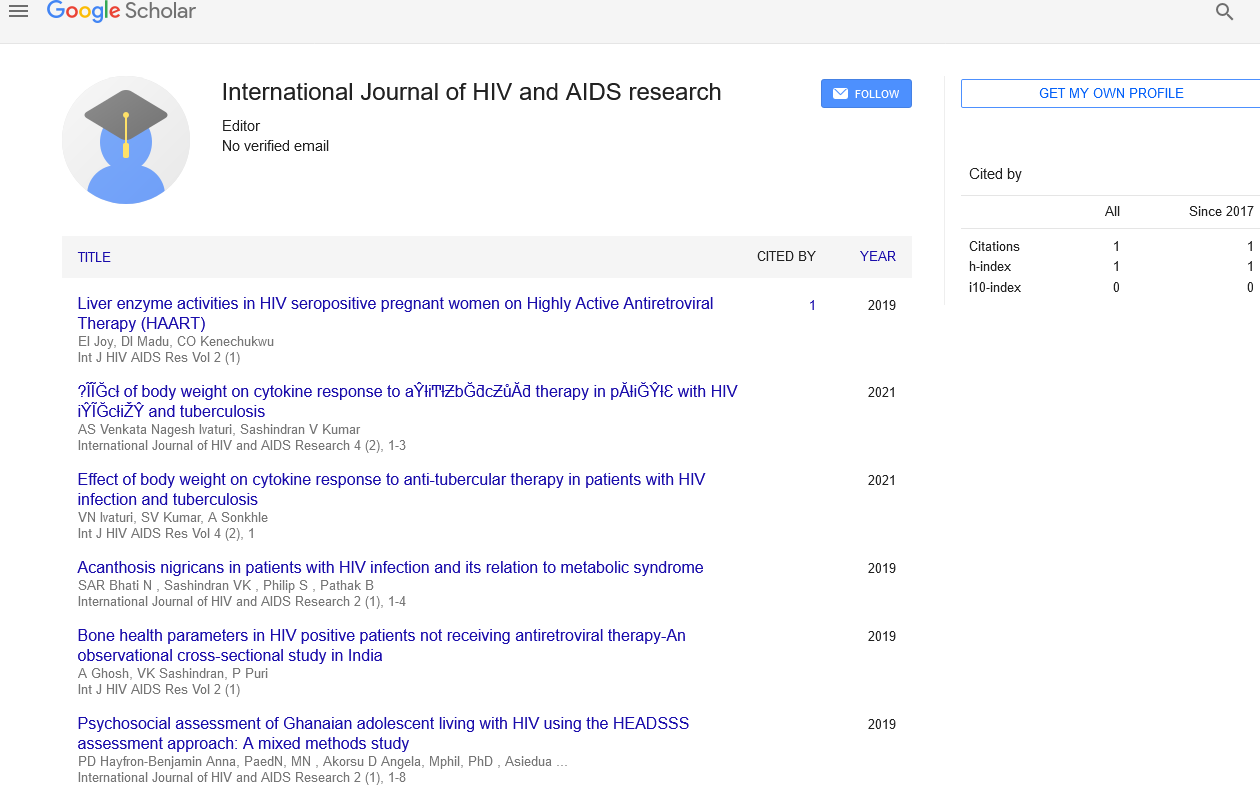
Sign up for email alert when new content gets added: Sign up
Abstract
Antioxidants modulate in vitro adipocyte function and lipolysis during obesity: Are antioxidant therapies efficient?
Author(s): Hafida Merzouk, Saidi ANowadays, there has been an explosion of interest in the role of specific functional foods promoting health. Antioxidants, such as vitamins and poly-phenolic compounds, are molecules capable of reducing the causes or effects of oxidative stress, caused by environmental factors, disease, infection and inflammation. Obesity with excessive adipose tissue is associated with a chronic inflammatory state and evident oxidative stress. Micronutrient deficiencies in obesity may influence several physiological functions including adipocyte dysfunction. It has been proposed that increased oxidative stress in adipose tissue is an important cause of obesity-associated diseases, and that antioxidants may be therapeutic approaches. Previous studies showed some beneficial effect of vitamin supplementation on obesity-associated metabolic complications. However, the magical supplement theory of obesity is not proved yet. In addition, little attention has been directed towards adipose tissue function and redox status in the obese state. We then explored the in vitro effects of vitamins C and E and polyphenols (chlorogenic acid and curcumin) on adipocyte function including lipolysis and oxidant/antioxidant status in a rat model of diet-induced obesity. Adipocytes were isolated from abdominal adipose tissue and were cultured in the presence or the absence of vitamins (C, E) or polyphenols (chlorogenic acid and curcumin). Cell proliferation, membrane fluidity, glucose consumption, Lactate Dehydrogenase (LDH) and glycerol efflux, Adinosine Triphosphate (ATP) and redox balance (catalase, superoxide dismutase, reduced glutathione, hydro-peroxides and carbonyl proteins) were investigated. The results showed altered membrane fluidity, glucose consumption, low ATP concentrations and glycerol release with a concomitant oxidative stress in adipocytes of obese rats. Adipocyte function and redox balance was improved in the presence of antioxidants. However, only curcumin enhanced lipolysis. In conclusion, antioxidants had beneficial effects on adipocyte function and redox status, with effective effect of curcumin on lipolysis. Antioxidants should be considered in therapeutic approaches for normalizing adipose function in obesity.




